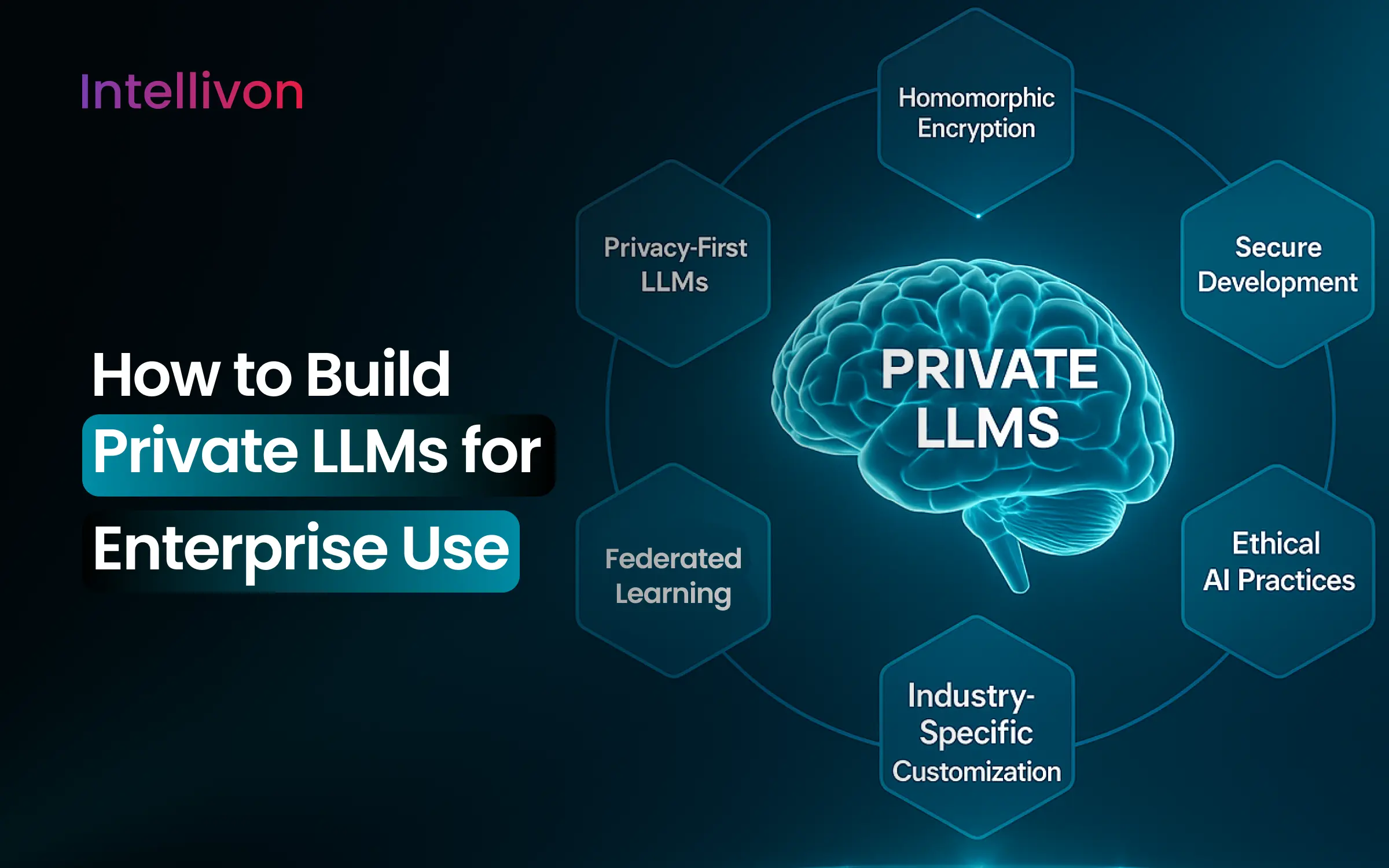7 Powerful Ways Enterprise Blockchain is Redefining Business Ops

Even though more companies are adopting blockchain, many still do not realize its full potential. The real value of blockchain lies in its ability to
Types of Healthcare Software for Enterprises: A Detailed Guide

TyAs the healthcare sector evolves, large enterprises are turning to advanced software to streamline operations, reduce costs, and improve patient outcomes. Yet, the digital shift
Top 5 Enterprise Blockchain Solutions in 2025

For enterprises, the growing influence of blockchain means new opportunities to improve operational performance, reduce costs, and gain a competitive edge. With its ability to

